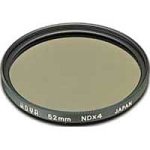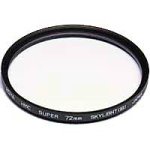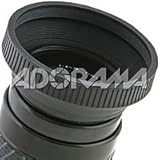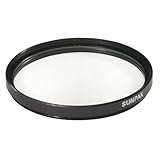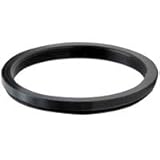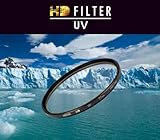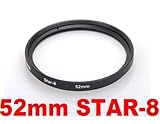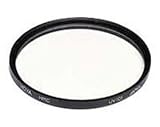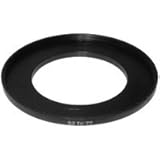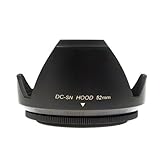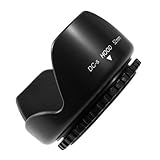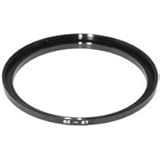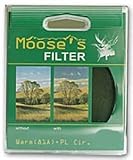
Average Reviews:

(More customer reviews)The bottom line first: This is the best polarizing filter out there for around 30 bucks or less.
I was looking for a polarizing filter for my S2 IS camera. And there are many filters out there at very cheap price. Some just around 15 bucks or less. And some are very expensive at several hundreds bucks for dSLR users. I didn't want to pay more than 50 bucks for a polarizing filter, but I didn't want to waste even a cent on a useless stuff. So I found this filter. It seemed to be a very good deal since it is a circular filter and it has warming effect. I bought it and I was impressed. All outdoor pictures look really good; the color is deep, water is clear, and clouds are all well shaped. Most nonmetal reflections was filtered out. You should remember that the best effect happens when your camera at 90 degree to the sun.
I doubt that those hundreds dollars filters will be much better than this one. They are certainly better but the difference must be very little in everyday pictures. If the professional one can filter out 99% of reflections, this polarizer must be able to filter out at least 96%.
Click Here to see more reviews about: Hoya Moose 52mm Warm Circular Polarizer Glass Filter
Moose Warm Polarizer filters, an exclusive collaboration between Hoya and respected wildlife photographer and conservationist B. Moose Peterson of Wildlife Research Photography, are a combination of a polarizer and an 81A warming filter.For many years, polarizers have been used to remove reflections from non-metallic surfaces such as water and glass as well as being used to darken blue skies to increase contrast in scenic photography. When using a camera with a split beam metering system (a metering system that employs a polarized half mirror) which is most of today's auto focus camera bodies, traditional linear polarizers will cause exposure errors due to their light absorption properties. Circular polarizers yield the same optical effect while not causing exposure problems with modern metering systemsA side effect of both linear and circular polarizes is they "cool down" or make the over-all color balance of a scene slightly bluish. The addition of the 81A glass corrects the color temperature, bringing the scene back to the original 5500K for daylight film's color balance. The 81A glass creates a much more pleasing and warm color balance to the entire scene while the circular polarizer increases color contrast and reduces the effect of atmospheric haze.
Click here for more information about Hoya Moose 52mm Warm Circular Polarizer Glass Filter

